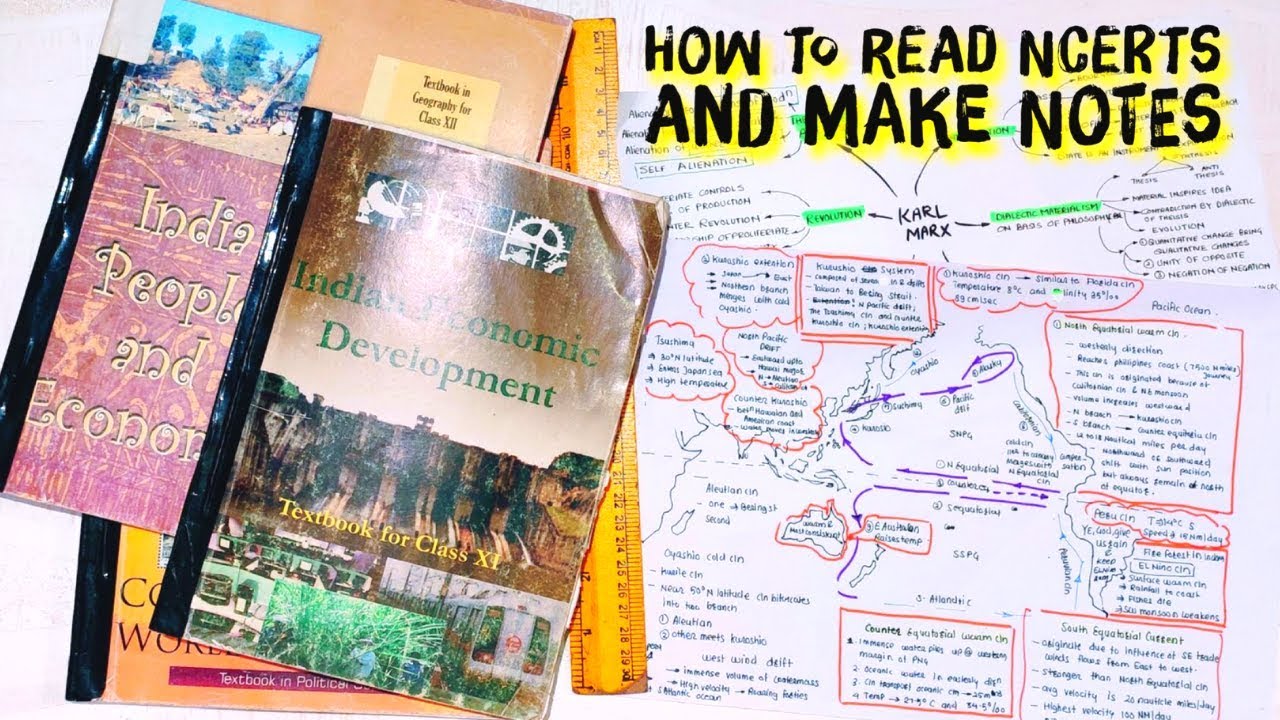UPSC 2026 Strategy | IAS Exam 21 Months Plan
Summary
TLDRThis video script outlines a comprehensive study plan for the 2026 UPSC Civil Services Examination. It emphasizes the importance of utilizing the 21 months effectively, starting with six months dedicated to core subjects and gradually integrating optional subjects, current affairs, and revision. The speaker introduces a five-phase strategy, each with specific tasks like mastering course subjects, revising, and preparing for films. The script also highlights the value of the speaker's recently launched study materials designed to assist with NCERT integration, diverse practice questions, and concise notes for effective revision. The plan encourages consistency and discipline, with a focus on understanding and applying knowledge rather than rote learning.
Takeaways
- 😀 The video provides a comprehensive study strategy for the 2026 UPSC Civil Services Examination.
- 🕒 It emphasizes the importance of utilizing the 21 months wisely and not getting complacent despite the seemingly ample time.
- 📈 The speaker outlines a five-phase study plan, each with specific objectives and time allocations, starting from September 2024 to April 2025.
- 📚 Special focus is given to the initial six months, which are crucial for deciding the trajectory of the rest of the preparation.
- 📈 The video discusses the approach towards current affairs, suggesting a balance between reading newspapers and watching analysis videos.
- 🎯 It highlights the significance of revision, especially towards the end of the preparation phase, to reinforce learned concepts.
- 📝 The speaker introduces a series of books designed to aid in the preparation, covering a range of subjects and providing integrated NCERT content.
- 📑 The video stresses the need for answer writing practice, offering guidance on how to format answers for maximum points in the exam.
- 🗓️ A consistent theme throughout the video is the gradual increase in study time as the exam approaches, culminating in 10-12 hours of study in the final months.
- 📈 The video concludes with a motivational note, encouraging viewers to follow the strategy diligently for a potential spot in the top 10 rankings.
Q & A
What is the main focus of the video?
-The main focus of the video is to discuss a strategy for the 2026 Strategy, emphasizing the importance of utilizing the available 21 months wisely for preparation.
Why is it important to manage time effectively as mentioned in the video?
-Managing time effectively is crucial because many people tend to be casual in their preparation, which can lead to mistakes. The speaker stresses the need to avoid such errors and utilize the available time in the right way.
What are the six starting months discussed in the video, and why are they significant?
-The six starting months are significant as they set the foundation for the preparation strategy. The video suggests deciding how the upcoming time will be managed during these initial months to lay down a strong base for the rest of the preparation.
What does the speaker suggest regarding the approach to current affairs?
-The speaker suggests that for current affairs, one should either watch analysis videos or read short notes from newspapers, focusing on awareness rather than detailed study until 2025.
How many phases does the speaker divide the strategy into, and what are they?
-The speaker divides the strategy into five phases, which include starting with core subjects, adding optional subjects, revising, focusing on environment and science, and finally preparing for films.
What are the five phases of the study plan as outlined in the video?
-The five phases are: Phase One - focusing on course subjects; Phase Two - adding optional subjects and current affairs; Phase Three - covering remaining subjects and revision; Phase Four - focusing on environment, science, and technology; and Phase Five - preparing for films and final revision.
What is the importance of revision as highlighted in the video?
-Revision is highlighted as a continuous and essential part of the study process. The speaker emphasizes the need to revise consistently, especially as new topics are introduced and as the exam approaches.
How does the speaker recommend managing optional subjects within the study plan?
-The speaker recommends covering at least 40% of optional subjects by April and suggests dedicating specific days in the week for optional subjects to ensure comprehensive coverage.
What is the advice given for the final three months before the exam?
-For the final three months, the speaker advises focusing solely on revision and practice, ensuring that all subjects are reviewed multiple times and that full-length tests are taken regularly.
How does the speaker address the concern of limited time for preparation?
-The speaker acknowledges the limited time and suggests creating a simple and sustainable approach, recommending an average study time of 6-8 hours per day and emphasizing consistency and discipline over long hours of study.
Outlines

This section is available to paid users only. Please upgrade to access this part.
Upgrade NowMindmap

This section is available to paid users only. Please upgrade to access this part.
Upgrade NowKeywords

This section is available to paid users only. Please upgrade to access this part.
Upgrade NowHighlights

This section is available to paid users only. Please upgrade to access this part.
Upgrade NowTranscripts

This section is available to paid users only. Please upgrade to access this part.
Upgrade NowBrowse More Related Video

How to Read NCERT for IAS Preparation ☆ How to Make Notes ☆ INDIASHASTRA | UPSC

22 की उम्र में College के साथ 1st Attempt में UPSC निकाली | Neha Verma (AIR-1002) | Josh Talks UPSC

Strategy for UPSC 2025 | 12 months Plan for UPSC CSE 2025 with Daily targets

राज्यशास्त्र आणि आंतरराष्ट्रीय संबंध | ओळख वैकल्पिक विषयाची | पेपर 1, विभाग 2 | By विठ्ठल सर

Important NCERTs for UPSC CSE | NCERT Booklist for IAS Exam

How to Prepare for UPSC Civil Services Exam? UPSC IAS Preparation Strategy |.By Anil Swarup |StudyIQ
5.0 / 5 (0 votes)